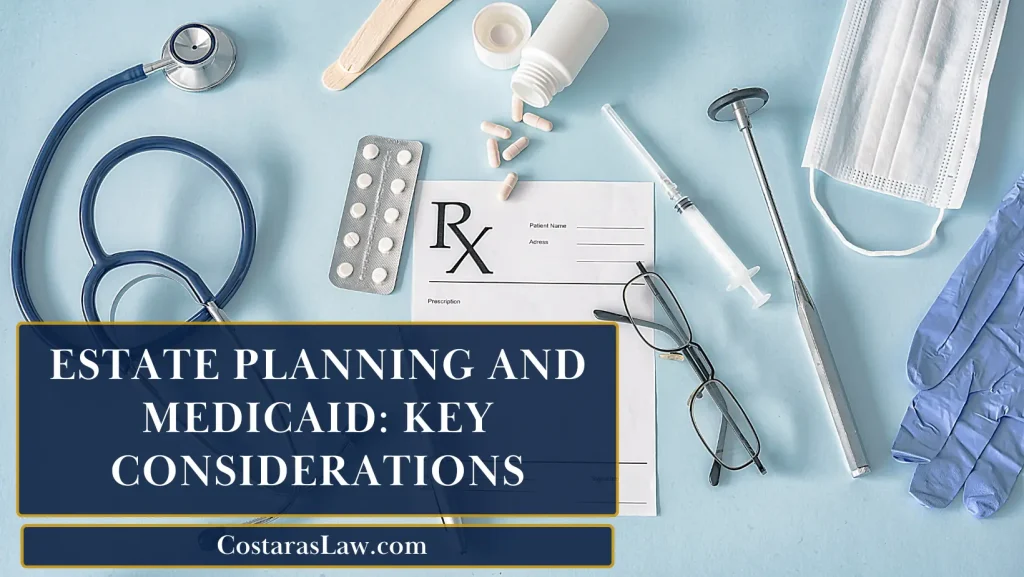Estate Planning and Medicaid: Key Considerations

Estate Planning and Medicaid: Key Considerations
Medicaid plays a crucial role in covering long-term care costs, but eligibility requirements can impact your estate. Proper planning ensures you can access benefits without depleting your assets. Here are key considerations for integrating Medicaid planning into your estate plan.
Understanding Medicaid Eligibility
Medicaid has strict income and asset limits. To qualify, you must meet these thresholds, which vary by state. Generally, you cannot have more than $2,000 in countable assets. Certain assets, like your primary residence and personal belongings, may be exempt.
Medicaid Spend-Down Strategies
If your assets exceed Medicaid limits, a spend-down strategy can help you qualify. This involves reducing your countable assets by paying off debt, making home improvements, or purchasing exempt assets. Consulting an attorney is essential to navigate these rules without jeopardizing eligibility.
Asset Protection Trusts
Asset protection trusts, such as Medicaid Asset Protection Trusts (MAPTs), allow you to protect your assets while still qualifying for Medicaid. By transferring assets to an irrevocable trust, you can remove them from your estate. However, this strategy requires careful planning and a thorough understanding of Medicaid’s look-back period.
Look-Back Period
Medicaid’s look-back period examines financial transactions made within the past five years. Any gifts or transfers made during this time may result in penalties, delaying your eligibility. Planning ahead is crucial to avoid these penalties and protect your assets.
Income Trusts
For individuals with income exceeding Medicaid limits, income trusts (Miller trusts or Qualified Income Trusts) can help. These trusts allow you to direct excess income into the trust, reducing your countable income for Medicaid eligibility purposes.
Long-Term Care Insurance
Purchasing long-term care insurance can provide additional coverage for care costs, reducing your reliance on Medicaid. This option requires planning and may be more cost-effective if purchased earlier in life.
Estate Recovery
Medicaid estate recovery programs can seek reimbursement for benefits paid, impacting your heirs’ inheritance. Proper planning can minimize recovery claims, ensuring more assets are preserved for your loved ones.
Special Needs Trusts
If you have a disabled spouse or child, a special needs trust ensures they receive proper care without affecting their Medicaid eligibility. These trusts allow you to set aside assets specifically for their needs, providing financial security while maintaining benefits.
Regular Reviews
Medicaid planning is complex and subject to changing laws. Regular reviews with an estate planning attorney ensure your plan remains compliant and effective, protecting your assets and eligibility.
Securing Medicaid benefits while protecting your estate requires careful planning and expert guidance. For personalized advice, schedule a consultation with an estate planning professional.
